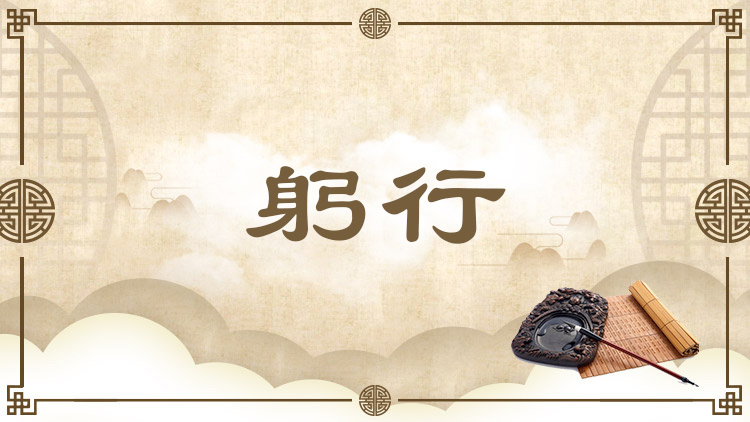
身体力行。出自《论语·述而》。“躬”意为亲身、亲自,“行”指个人的道德修养活动。在儒家看来,要在生活实践中成就君子人格就必须身体力行。“躬行”之说蕴含着知行合一的观念。儒家反对人在现实活动中种种知行不一的行为,强调要将所认知的道德原则充分贯彻在自身的生活行动当中。
This term first appeared in The Analects. Gong means in person and xing refers to the cultivation of morals. According to Confucianism, one should cultivate his morals in everyday life to develop personal integrity. This term embodies the view that knowledge and action should be closely integrated with each other. Confucianism is against those who fail to observe moral principles they preach themselves, emphasizing that people should always follow moral principles in their daily lives.
引例 Citation:
◎子曰:“文,莫吾犹人也。躬行君子,则吾未之有得。”(《论语·述而》)
孔子说:“文献学问,我大概与别人差不多。身体力行地去做一个君子,那我还没有达到。”
Confucius said, "As far as knowledge of literature is concerned, what I've achieved is similar to that of others. But when it comes to the practice of moral principles as a man of integrity, I still have a long way to go." (The Analects)
推荐:教育部 国家语委
供稿:北京外国语大学 外语教学与研究出版社
责任编辑:钱耐安





